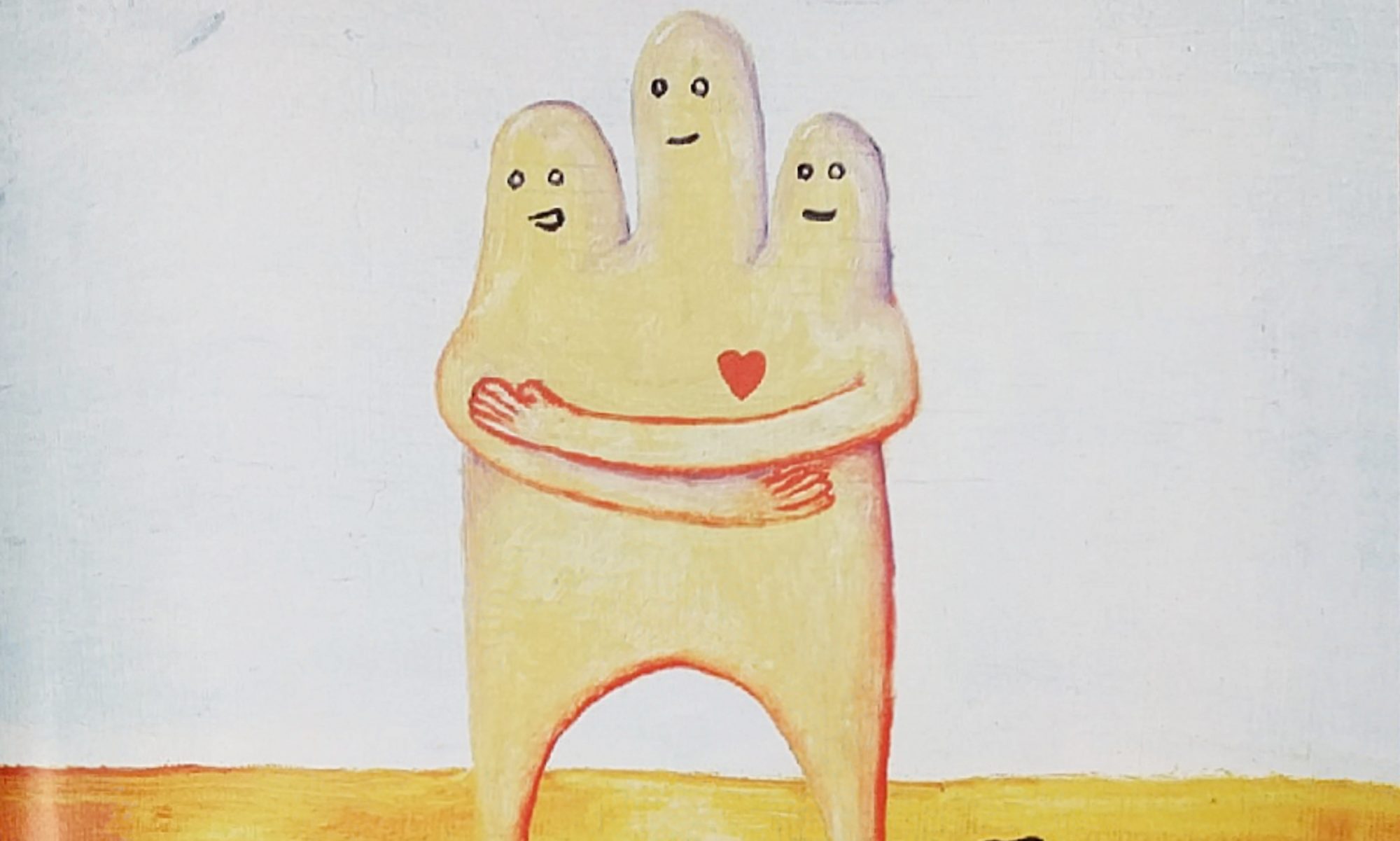by Sheldon Birnie
Lou Reed died this weekend. What a fuckin’ bummer.
But like the great Billy Joe Shaver sings, “Just like the songs I leave behind me, I’m gonna live forever now.”
You may wonder what a rock n roll animal like Lou has to do with the Highway way out here… But the answer is fuckin’ obvious: The ditches of the Highway are full of beasts, everyone needs a little pick me up now & again, and the dark corners of bars and filthy restrooms look much the same in OKC as NYC.
I came to Lou Reed early in my musical development, after reading Irvine Welsh’s Trainspotting, which has remained one of my favourite reads since I first picked it up at 14 years of age. As much as the film’s soundtrack introduced me to the heartbreaking “Perfect Day,” the book itself is filled with music criticism, particularly focused on the unholy trinity of Reed/Bowie/Iggy Pop. This introductory critical lauding of these characters informed much of my teenage musical tastes, and have led me to where I am today. Within the first chapter, Renton goes on a comparative rampage over Sick Boy’s choice of music:
The bad-taste bastard breaks the junky’s golden rule by pitten oan ‘Heroin’, the version oan Lou Reed’s Rock ‘n’ Roll Animal, which if anything, is even mair painful tae listen tae whin yir sick than the original oan The Velvet Underground and Nico. Mind you, at least this version doesnae huv John Cale’s screeching viola passage oan it. Ah couldna huv handled that.
Welsh’s own Twitter feed was full of Reed videos, memories, and thoughts. Particularly touching is Welsh’s admission that his most famous work (ie. Trainspotting) owes a tremendous debt to Reed himself:
I really doubt that there would have been Trainspotting without Lou Reed.
— Irvine Welsh (@WelshIrvine) October 27, 2013
It was shortly after discovering Reed via Trainspotting, working as a dumbfuck dishwasher at a restaurant in Clear Lake, that I first heard the Velvet Underground themselves, on mix tapes that would would play in the kitchen. Degenerate cooks would play the tapes endlessly, smoke dope in the empties shed, and provide haphazard musical instruction as I scrambled to keep up with clean dishes and bar glasses, soaking it all up. That’s the first place I heard “Sweet Jane” — both the Velvet’s version and the Cowboy Junkies taking it for a spin on the Highway — or gained a deeper appreciation for the lyrical content in “Walk on the Wild Side.”
Over the years, I got deep into the Velvets and Reed’s solo output, ordering box the Velvet’s set from BMG and trading it to my one buddy in town who dug Reed as much as me for a while for his copy of Reed’s solo box set. I was fascinated by the diversity that Reed’s writing displayed. Epic songs like “Street Hassle” stood side-by-side with the mystery of Metal Machine Music and the beautiful escape of “Satellite of Love.” When I was old enough to booze it up in the summer in the Beach Club Bar in Clear Lake, I discovered those degenerate cooks I’d worked with all the years, along with longhaired, barefoot hippies and other dirtbags would regular jam out to Reed’s songs on jam nights. On those nights, the tunes took a decidedly rootsy bent, which, as I look back on it now, has certainly influenced not only my tastes as a listener, but also as a songwriter.
I loved Lou Reed’s attitude, his music, and his style. It informed so much of how I viewed punk music and artistic vision that I probably wouldn’t be sitting here typing these words, editing Stylus, or singing country songs about drug dealers, hustling, and violent misadventure without him.
So rest well, Lou Reed. You’ll live forever, just like your songs. There aint a soul out here on the Highway who has done what you’ve done. You’re riding with the King now. Just take it easy on him, pard.
(Now take a listen to this beauty, “Oh! Sweet Nuthin,'” and tell me this ain’t a country song. I dare ya!)


